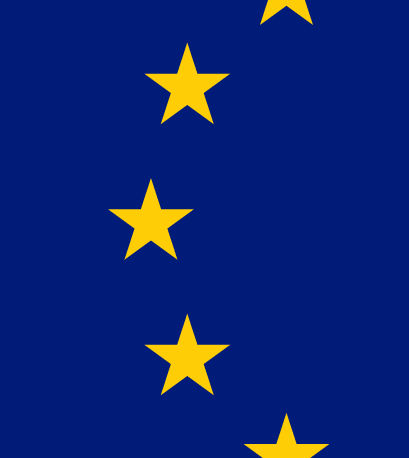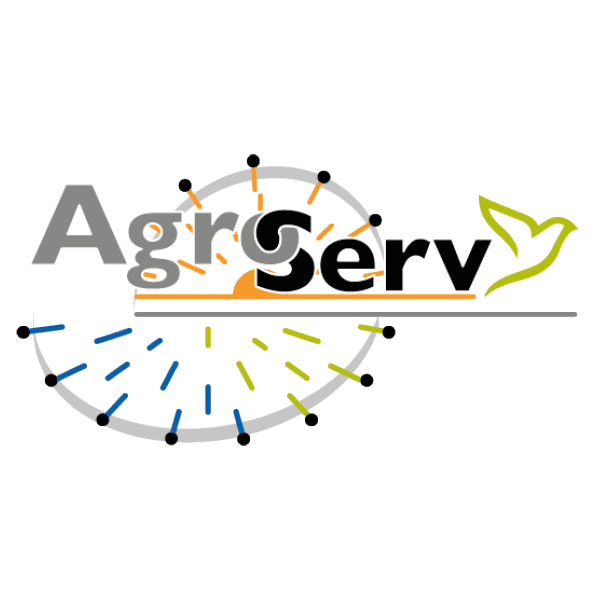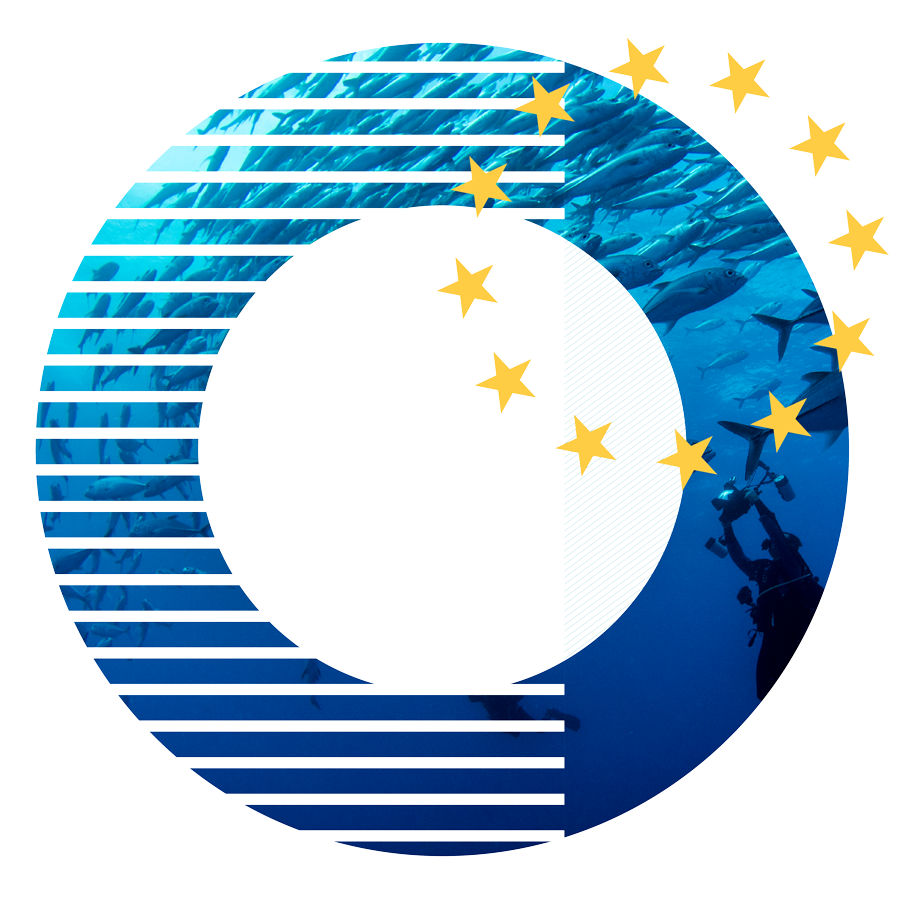
AgroServ
AgroServ
A Horizon Europe project
TA-funded services
Available
AgroServ
Aquaculture
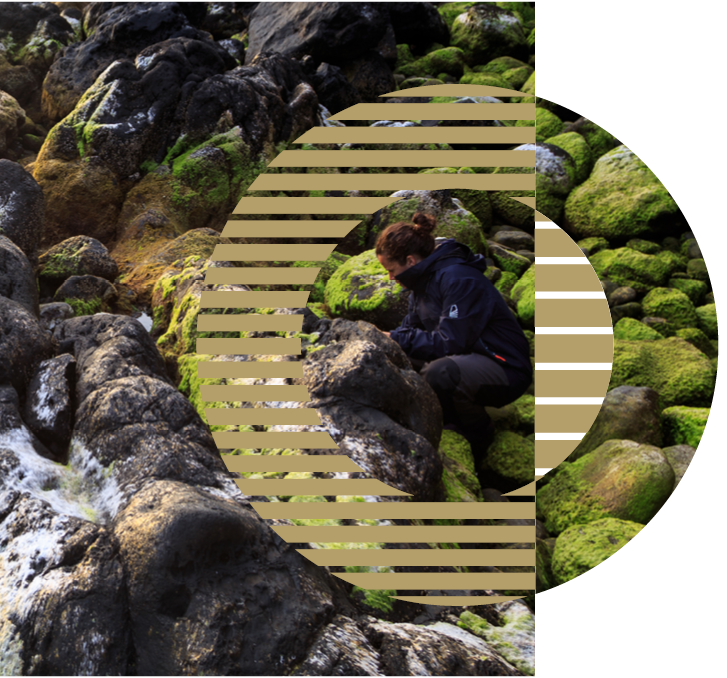
AgroServ’s mission
AgroServaims to support research and innovation in the field of agriculture and a groecology. Through the provision of large, high profile research services to the scientific community, the project facilitates interdisciplinary and transdisciplinary research whilst fostering open science and innovation.
EMBRC’s role in AgroSERV
EMBRC provides cutting-edge, interdisciplinary and customised services for aquaculture.

Transnational Access (TA) funding
Academic and industry researchers can access EMBRC services for marine research atno charge through Transnational Access (TA) funded projects like AI4Life.
TRANSNATIONAL ACCESS (TA) FUNDINGS
Funding Calls to Access
Funding Calls to Access
EMBRC Services
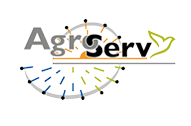
This project was co – funded by the European Union (GA# 101058020 – AgroServ )
Views and opinions expressed are however those of the author(s) only and do not necessarily reflect those of the European Union.
Neither the European Union nor the granting authority can be held responsible for them.
